When the Protector Becomes the Enabler: Systemic Challenges to U.N. Peacekeeping Missions
The long-publicized failures of the U.N. mission in South Lebanon raise questions about the effectiveness of its sister force in Cyprus and about the Republic of Cyprus’ right to self-defense. [UNFICYP, 2021]
In recent days, news broke that Israel is pursuing the termination of the U.N. Interim Force in Lebanon mission (UNIFIL), ostensibly with support from the U.S. It should come as no surprise since criticism against UNIFIL is far from something new for Israel. Even more, on both sides of the Israeli-Lebanon border the Israeli government and Hezbollah blame the mission for being inefficient and, rather ironically, partial. Now, almost 50 years since its establishment and 20 after extending its mandate, we can say that UNIFIL failed to accomplish almost all of its goals, provided by the U.N. Security Council resolutions No. 425 (1978), 426 (1978) and 1701 (2006).
The mission did not prevent the area of their deployment from being controlled by paramilitary groups, nor was its activity sufficient to provide necessary support to the Lebanese Armed Forces. Overall, UNIFIL’s failures can probably be attributed in equal or similar proportions to its lack of military capacity, the limited character of its mission and powers, and the systemic lack of willingness to act decisively, or at least publicly report the real situation in its zone of responsibility.
Although few speak publicly about the termination of the U.N. Peacekeeping Force in Cyprus (UNFICYP), on either side of Cyprus’ buffer zone it is often accused of failing to prevent military incidents, as well as a lack of impartiality. According to Greek Cypriot critics, UNFICYP turns a blind eye to the violations committed by the Turkish forces. Assessing to what extent that is true is not the purpose of this article. What is undeniable, however, is that the mission has virtually no efficient mechanism to influence the Turkish Cypriot leadership, or even to stop violations by it.
At the same time regarding the negotiation process, the U.N. at large has no effective tool to persuade Ankara to change its position—at least, any declared one—on its two-state solution to the Cyprus Problem. Despite that, the Republic of Cyprus’ top leaders show continued willingness to cooperate with the U.N. and even make concessions so as not to terminate the negotiation process. That willingness is not necessarily apparent day-by-day, but quite obvious in the long-term.
From an opportunistic point of view, it makes more sense to exercise influence on the side most likely to comply with U.N. demands. To that end, if UNFICYP truly is biased against the Greek Cypriot side, perhaps the Republic of Cyprus is to blame for its unreciprocated level of cooperation. Irrespective, it counters pragmatic logic to contradict the side both willing and ready to make unilateral concessions, even if the result is inaction. As stated though, the structural issues inherent to U.N. Peacekeeping Missions extend far beyond Cyprus. In this case, it is better to discuss what the Republic of Cyprus can do, not what UNFICYP cannot.
By no means do we imply that the Republic of Cyprus should not comply with the U.N. resolutions, or begin committing violations within the buffer zone. Just the opposite! It should be willing to consider the concerns of the Turkish Cypriot community, but without the requirements imposed by Ankara. Indeed, the Republic of Cyprus cannot ignore issues that are key for its security. Of course, we do not live in an ideal world and one negotiator can be stronger, or even much stronger than the other. Yet, that does not mean the weaker party loses its right to lessen the gap through necessary measures.
Returning to the UNFICYP mission, in spite of the limitations of its mandate and its ability or willingness to act, it plays a momentous role by sole virtue of its existence. Otherwise, all too common military provocations along the buffer zone could result in the reignition of war, not just public outcry. While it is important to acknowledge UNFICYP’s critical presence in Cyprus without overstating its abilities, we do not forget—rather, we hold crucial—the right of the Republic of Cyprus to explore, maintain, and develop its security interests.

